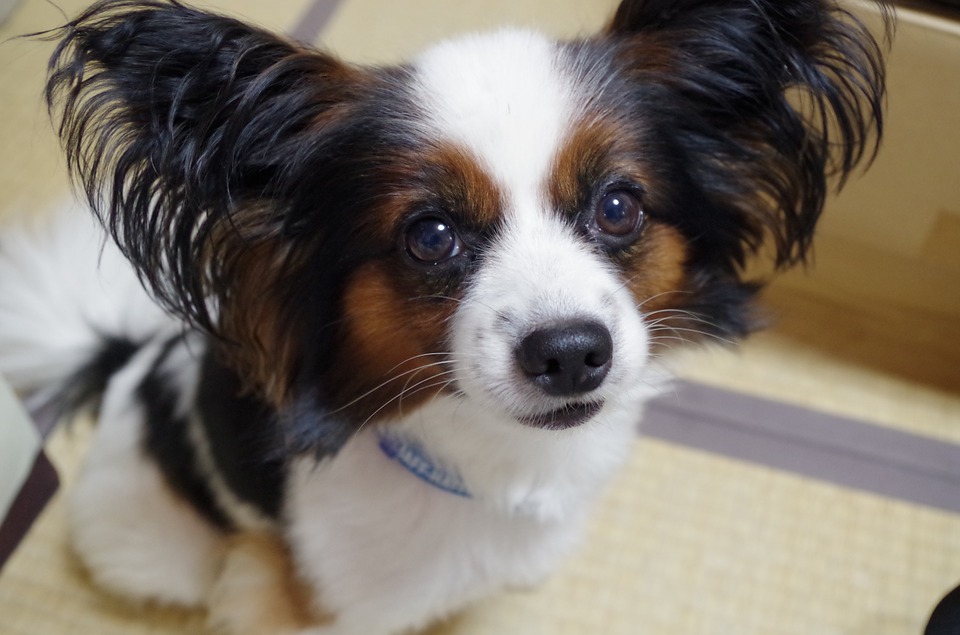
Papillon: Your New Pet
History of the Breed:
The Papillon, meaning «butterfly» in French, is a small toy breed with a long history that can be traced back to at least the 16th century. Originally bred in Europe, particularly in France and Belgium, the Papillon was a favorite among royalty and aristocracy for its elegant appearance and charming personality. The breed’s distinctive butterfly-like ears earned it its name.
Physical Characteristics:

Papillons are small, fine-boned dogs with a dainty and elegant appearance. They typically weigh between 5 to 10 pounds and stand around 8 to 11 inches tall at the shoulder. The most striking feature of the Papillon is their large, fringed ears that resemble butterfly wings. They have a long, flowing coat that comes in various color combinations, including white with patches of black, brown, red, or sable.
Health and Basic Care:
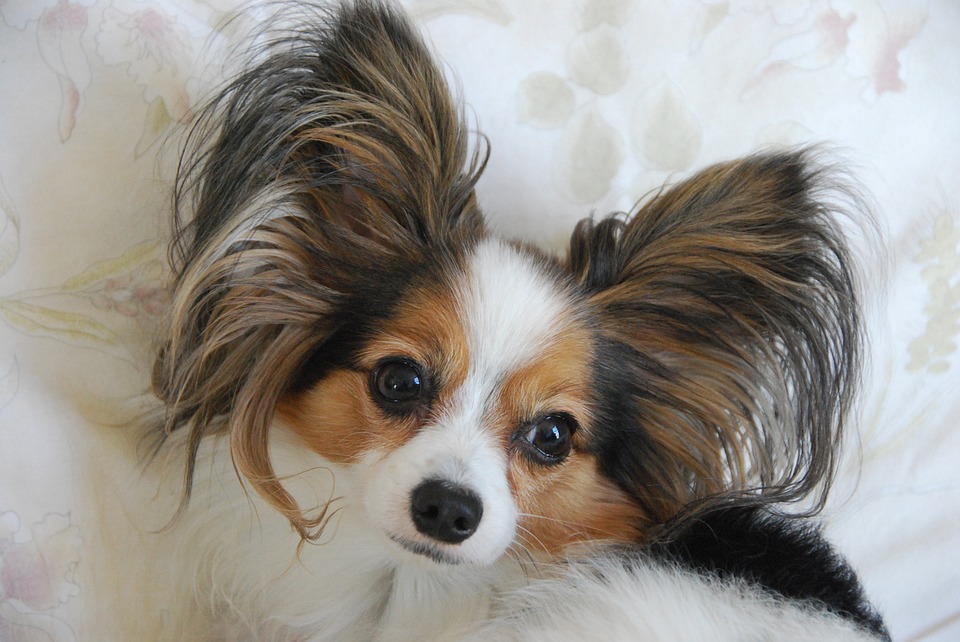
Papillons are generally healthy dogs with a lifespan of around 12 to 16 years. However, they may be prone to certain health issues such as dental problems, luxating patella, and progressive retinal atrophy (PRA). Regular veterinary check-ups, a balanced diet, dental care, exercise, and grooming are important for maintaining their health and well-being.
Temperament and Personality:
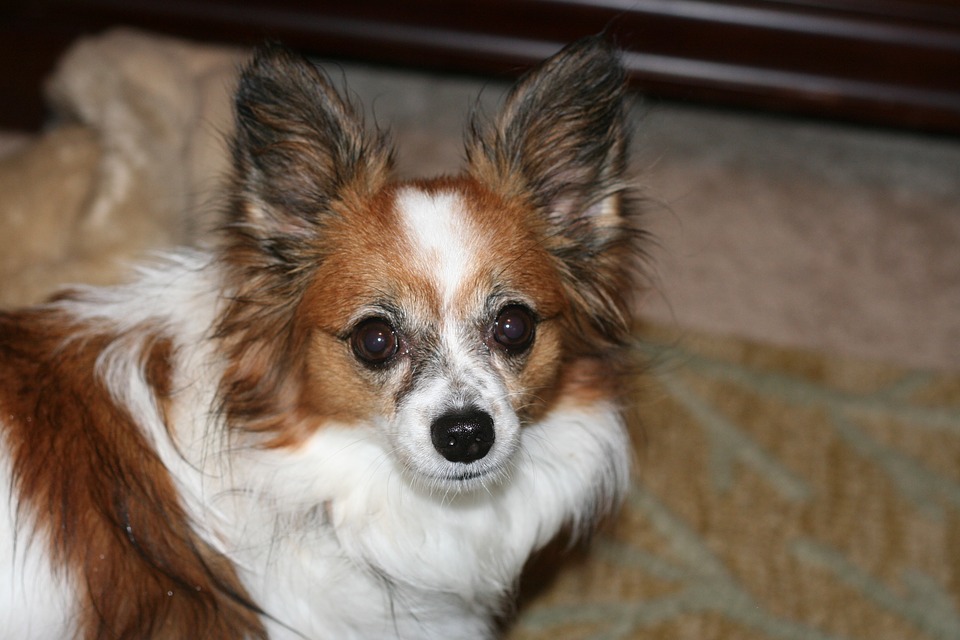
Papillons are known for their friendly, outgoing, and playful nature. They are affectionate and devoted companions that form strong bonds with their families. Despite their small size, they are confident and outgoing, with a lively and adventurous spirit. They enjoy being the center of attention and participating in various activities with their owners.
Training and Socialization:
Papillons are intelligent and eager to please, making them relatively easy to train with positive reinforcement techniques such as treats, praise, and rewards. They excel in obedience and agility training and enjoy learning new tricks. Early socialization with people, other animals, and different environments is important to help them develop into well-rounded and well-behaved dogs.
Nutrition:
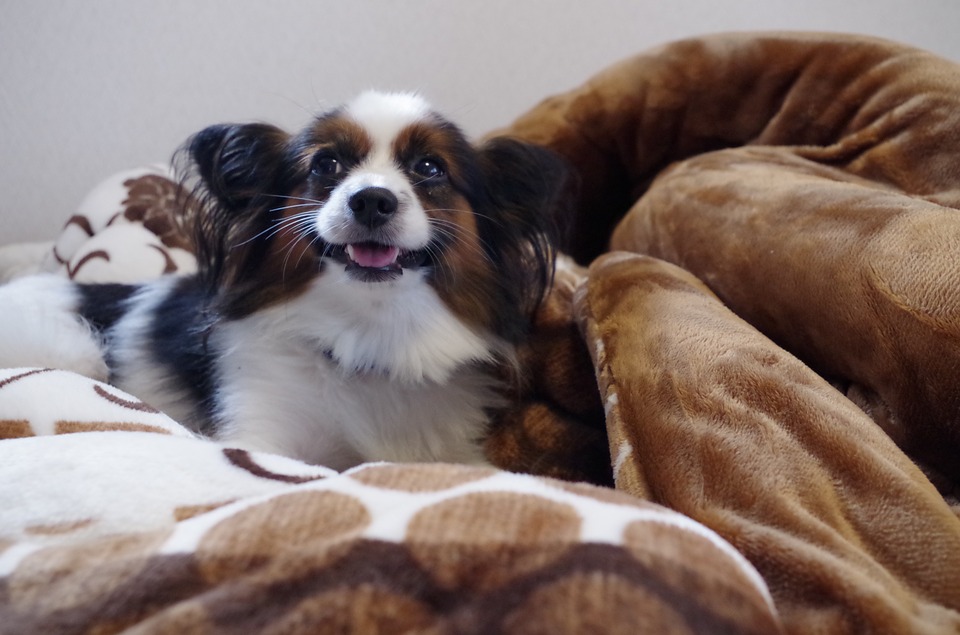
A balanced diet tailored to their size, age, and activity level is essential for Papillons’ health and well-being. Feeding them high-quality dog food formulated for small breeds will provide them with the nutrients they need to thrive. Portion control is important to prevent obesity, which can lead to health issues, and fresh water should always be available.
Suitable Environment:
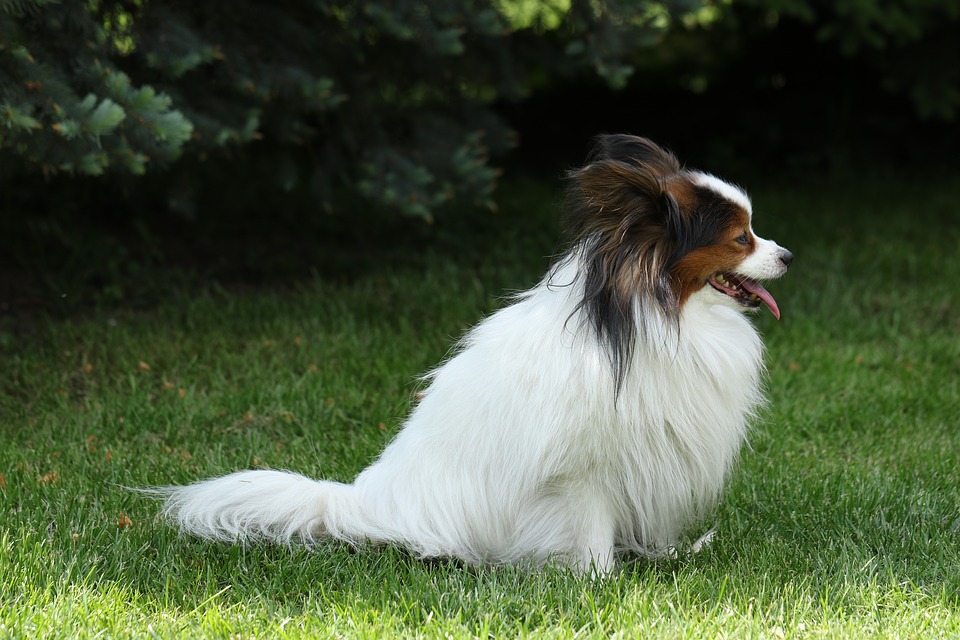
Papillons can adapt well to various living situations, including apartments and houses, as long as they receive adequate exercise and mental stimulation. They enjoy being indoors with their families and should not be left alone for long periods. They do well in households with older children and adults who can provide them with attention, affection, and gentle play.
Frequently Asked Questions:
Do Papillons bark a lot?
- Papillons may bark occasionally to alert their owners to visitors or other stimuli, but they are not known as excessive barkers. Proper training and socialization can help manage their barking behavior.
Is a Papillon a good family dog?
- Yes, Papillons can make excellent family dogs. They are affectionate, playful, and outgoing, forming strong bonds with their families and enjoying activities with children and adults alike.
Do Papillon dogs shed a lot?
- Papillons have a long, flowing coat that requires regular grooming to prevent mats and tangles, but they are not heavy shedders. Regular brushing and occasional baths are usually sufficient to keep their coat clean and healthy.
Are Papillons easy to potty train?
- Papillons can be potty trained with consistency, patience, and positive reinforcement. Crate training and establishing a regular potty schedule can help facilitate the training process.
Can a Papillon be left alone?
- Papillons may become anxious or bored if left alone for extended periods, so they should not be left alone for long periods. They thrive on companionship and enjoy being with their families.
Do Papillons get aggressive?
- Papillons are generally friendly and well-socialized dogs, but any dog can exhibit aggressive behavior if not properly trained and socialized. Early socialization and positive reinforcement training are important to prevent aggression in Papillons.
How smart is a Papillon?
- Papillons are highly intelligent dogs with a quick wit and eager-to-please attitude. They excel in obedience and agility training and enjoy learning new tricks and commands.
Are Papillons good for seniors?
- Yes, Papillons can make excellent companions for seniors. They are small in size, easy to manage, and enjoy spending time with their owners, providing affection and companionship. However, seniors should ensure they can meet the exercise and grooming needs of a Papillon before bringing one into their home.
